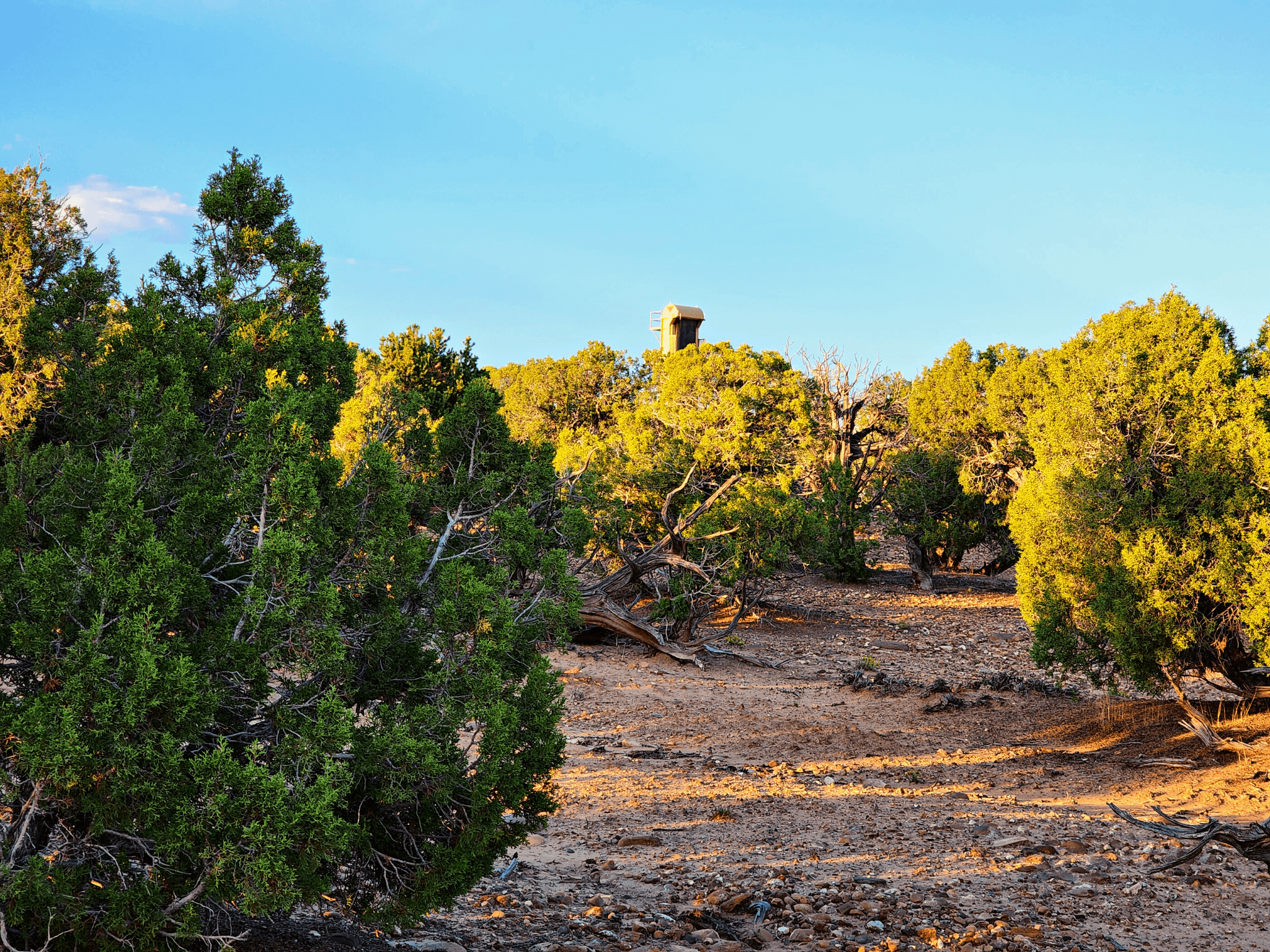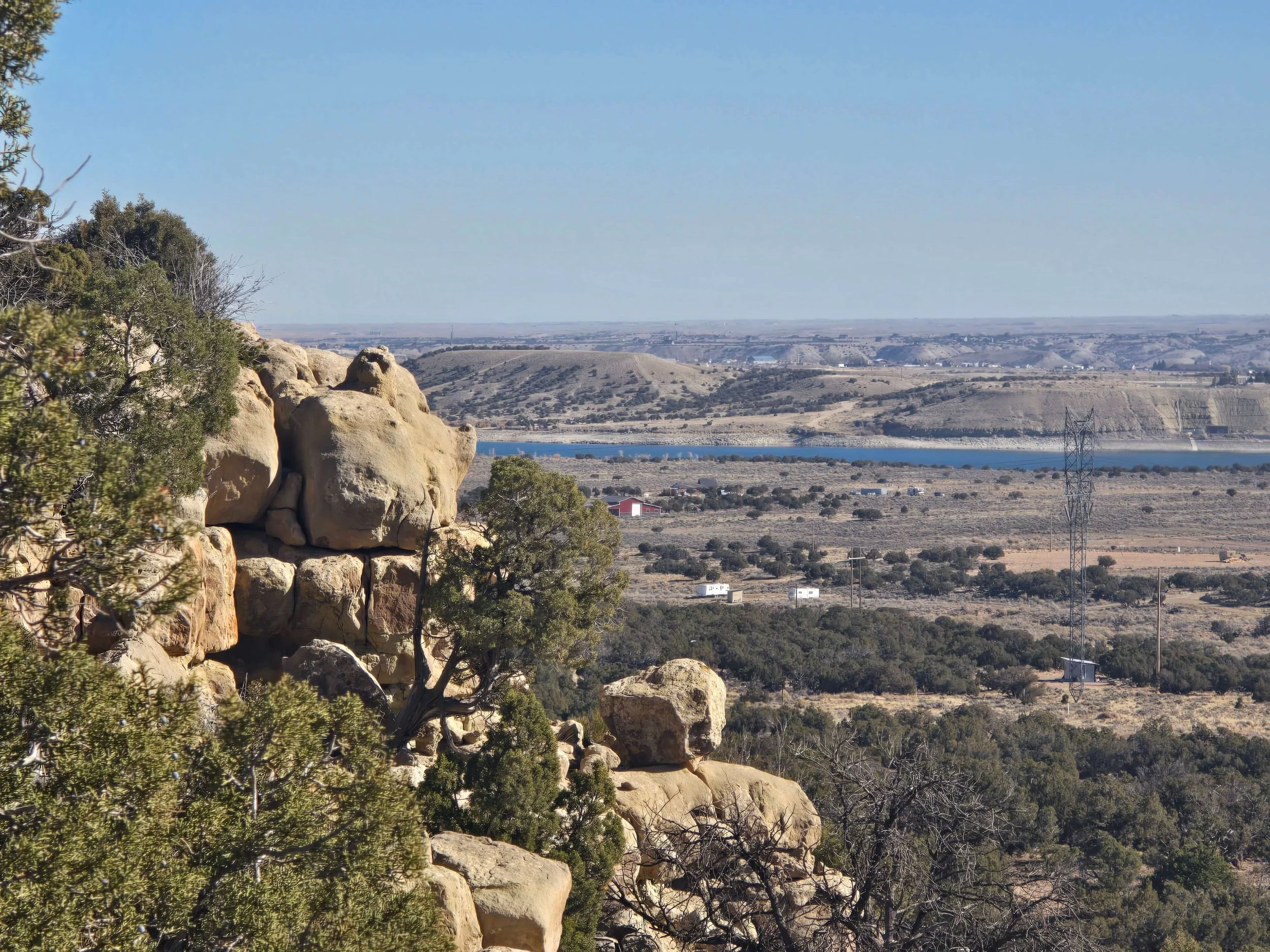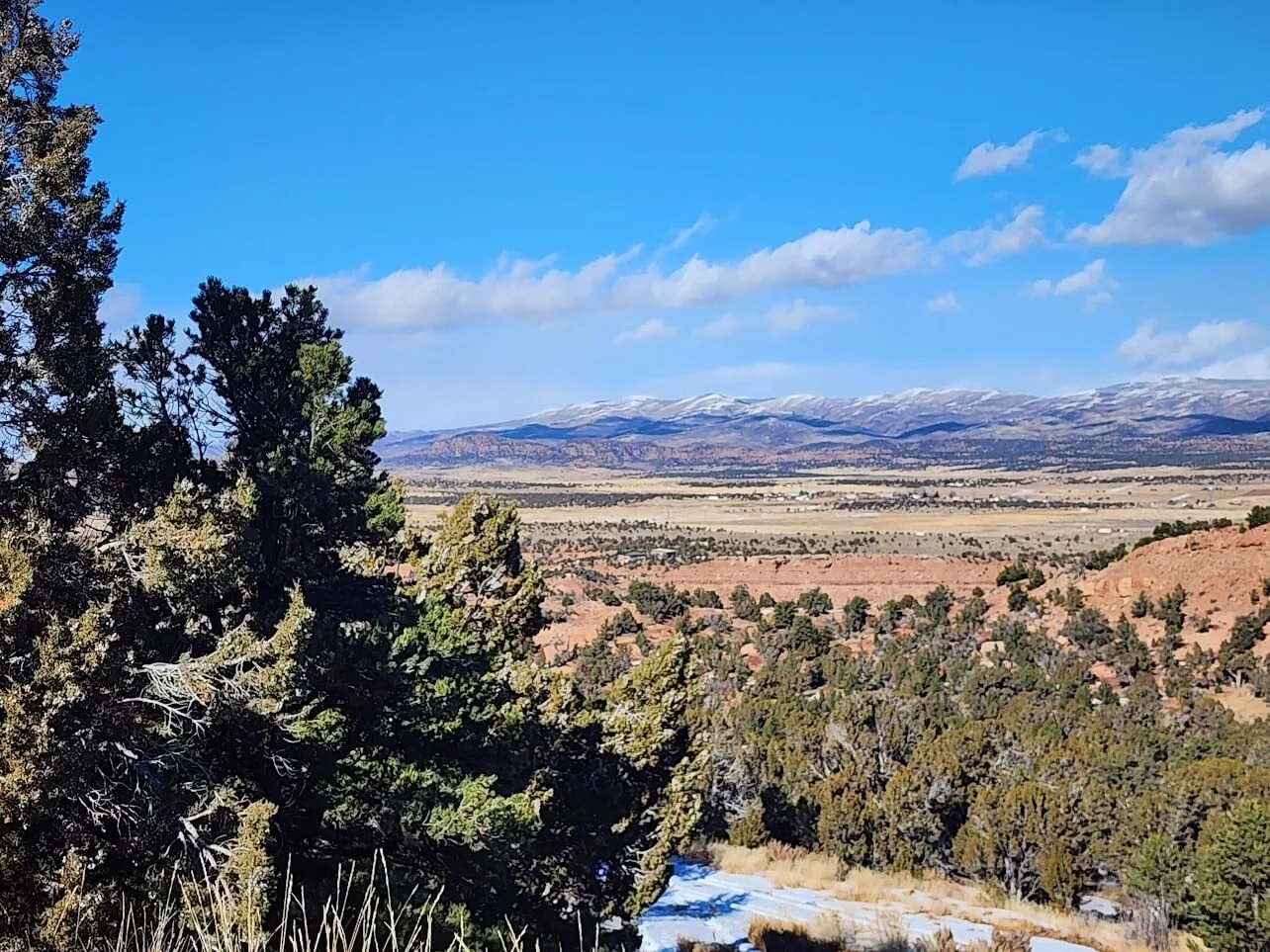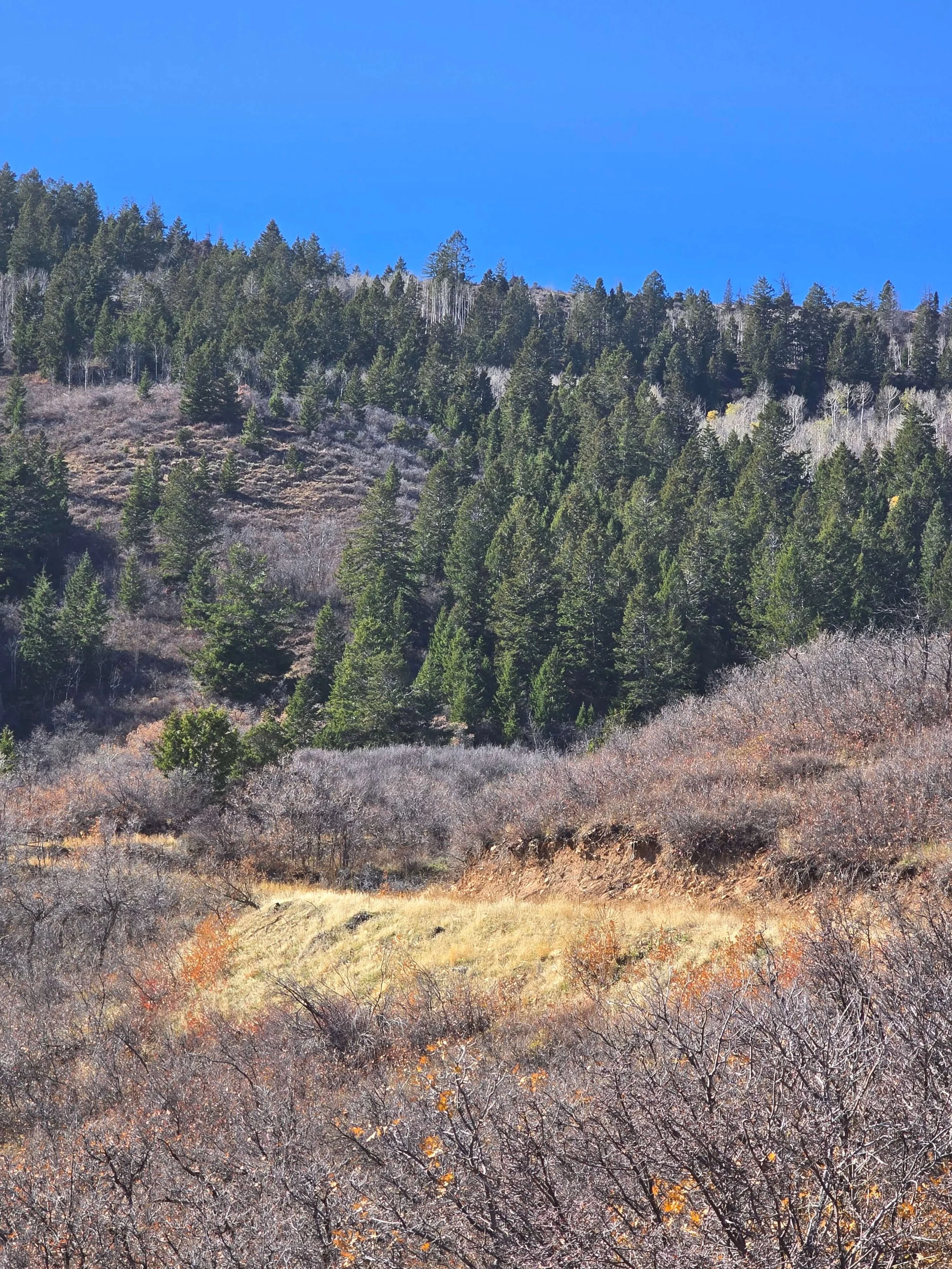How to Find Land for Sale
Buying land is one of the most flexible and rewarding ways to invest in your future. Whether your goal is to build a home, start a ranch, create a weekend getaway, or simply hold it as an appreciating asset, finding the right piece of property starts with knowing where to look. With the right strategy and a bit of research, you can discover land that fits your budget, lifestyle, and long-term plans.
Start with a Clear Goal
Before searching, think carefully about what type of land you want and why. Your purpose will shape every part of the process, from where you look to how much you’re willing to spend. Someone buying for recreation will have very different priorities than someone planning to build a full-time residence or farm.
Ask yourself these questions:
How much acreage do I need? A small parcel may be perfect for weekend camping, while larger properties offer space for farming, livestock, or future development. The more acreage you purchase, the more flexibility you’ll have — but also the more maintenance and taxes to consider.
Do I want access to utilities or prefer off-grid living? Properties with power and water access cost more, but they save setup time. On the other hand, off-grid land is often cheaper and allows greater independence with solar panels, wells, or rainwater collection.
What zoning type fits my goals? Zoning determines what you can and cannot do on the property. Agricultural or residential zoning may suit you best if you plan to build, while recreational zoning is ideal for camping or RV stays.
How far do I want to be from town or amenities? Being close to a small town can make life easier for supplies and fuel, but being further out offers more privacy and quiet. Finding the right balance helps you enjoy the land without feeling isolated.
Once you define your priorities, you can start filtering properties that actually align with your vision.
Search Online Land Listing Platforms
The internet is one of the best tools for finding land. Dedicated land-sale websites allow you to browse thousands of properties by location, acreage, and price range, often including maps, images, and seller financing details.
Here are a few trusted platforms:
LandWatch – This site focuses heavily on rural and recreational land listings. You can filter by county, acreage, and features like “off-grid” or “hunting property,” making it great for those looking for wide-open spaces.
Lands of America – Known for its massive database, this platform helps you compare market prices across different regions. It’s especially helpful for gauging fair pricing on acreage in your target area.
Zillow and Realtor.com – While these focus on homes, they also list vacant land connected to the MLS. They’re useful for finding smaller parcels closer to town or properties with established access roads and utilities.
Mountains West Ranches – If you’re looking in Utah, this is a reliable option for owner-financed land with no credit checks and affordable down payments. The listings include maps, property details, and direct purchase options.
By exploring multiple sites, you’ll gain a realistic sense of pricing, terrain, and what your budget can get you in different parts of the state.
Work with a Local Land Specialist
Even with online listings, nothing replaces local knowledge. Land specialists understand zoning laws, access routes, seasonal conditions, and the market value of properties in a way online maps can’t fully show.
Here’s how a professional can help:
Verify property details and access. Not all land has legal access or recorded easements, and a local agent can help confirm that before you buy. They can also verify property boundaries and ensure the land matches what’s described in the listing.
Explain zoning and development rules. Each county sets its own zoning laws, which affect what you can build or store on your property. A land agent can walk you through these regulations and help you find a parcel that meets your goals.
Connect you with trusted resources. From surveyors and title companies to local contractors, land agents have networks that can simplify the buying process and help you avoid costly mistakes.
Negotiate owner-financing or cash deals. If you’re new to land buying, an experienced agent can help you understand terms, negotiate fair monthly payments, and ensure you’re getting clear title to the property.
Working with someone who specializes in land, not just homes, is one of the smartest decisions you can make during your search.
Explore County Records and Auctions
Some of the best land opportunities never make it to mainstream websites. Many counties list available parcels directly through local auctions, surplus land sales, or public record databases.
If you’re willing to do a bit of digging, check your county’s recorder or assessor website for:
Tax-delinquent properties. These are parcels where owners fell behind on taxes, leading counties to sell them to recover costs. While the process requires research, you can often find great deals this way.
Government surplus land. Federal, state, or local agencies sometimes sell extra property they no longer need. These lots may be ideal for recreation or investment.
Probate or estate sales. When property is passed down or unclaimed, it may be listed for sale through a county or estate manager at a competitive price.
Sealed bids or online auctions. Some counties use an auction system where you can place bids online or in person, giving you access to parcels that are rarely advertised publicly.
Doing your own research in county databases can take time, but it’s often worth it for unique or undervalued properties.
Visit the Area in Person
No matter how detailed an online listing looks, nothing compares to walking the property yourself. Visiting the land helps you assess terrain, road conditions, and surrounding areas before making a commitment.
During your visit, consider these tips:
Bring a parcel map or GPS coordinates. Many rural parcels don’t have street addresses, so you’ll need coordinates to find them accurately. This helps you confirm you’re viewing the correct land.
Observe the natural features. Take note of vegetation, soil type, slope, and access to sunlight or shade. These factors influence everything from building plans to water drainage and garden potential.
Check nearby land use. Look around at neighboring parcels. Are they residential, agricultural, or recreational? The surroundings can give clues about the long-term value and quietness of the property.
Ask locals questions. If you meet nearby landowners, don’t hesitate to ask about road maintenance, seasonal access, or water availability. Locals often share valuable insights you won’t find online.
Walking the property gives you a better sense of its potential and helps you confirm that it truly fits your lifestyle and goals.
Key Takeaways
Define your goals and land requirements before you start searching to avoid wasting time on properties that don’t fit your needs.
Use online platforms and compare listings across multiple websites to get a full picture of the market.
Work with a land specialist who understands local zoning, utilities, and financing options.
Check county auctions and public records to uncover hidden deals that aren’t listed online.
Visit the property in person to ensure it matches your expectations and future plans.
Explore Land For Sale in Utah








